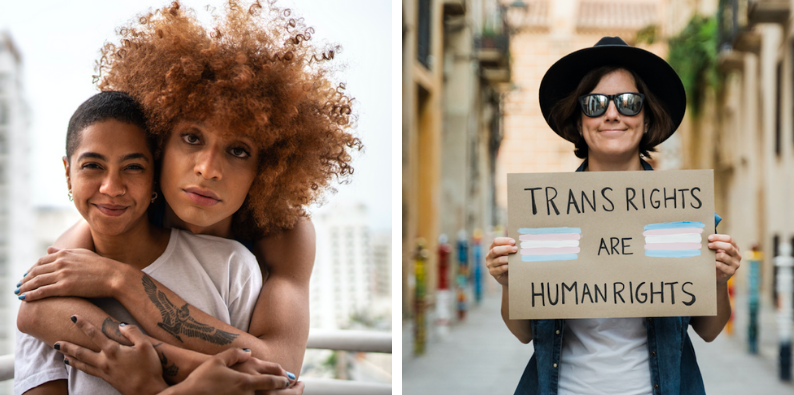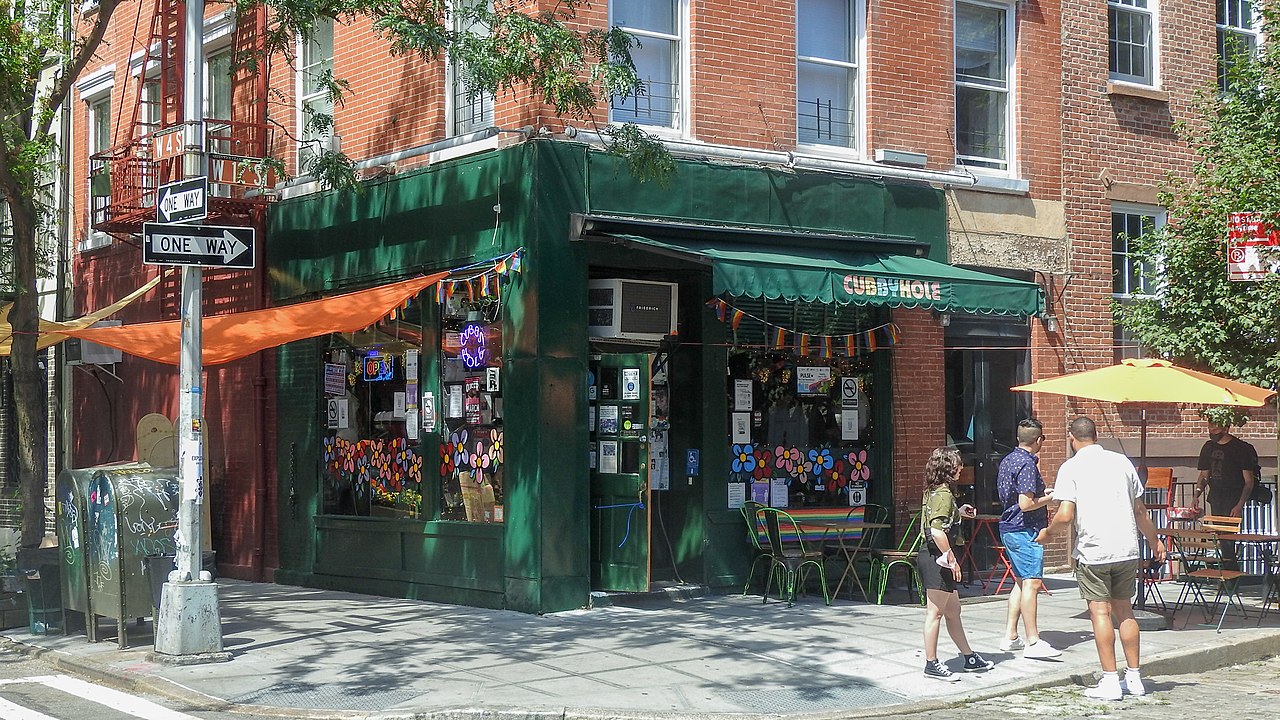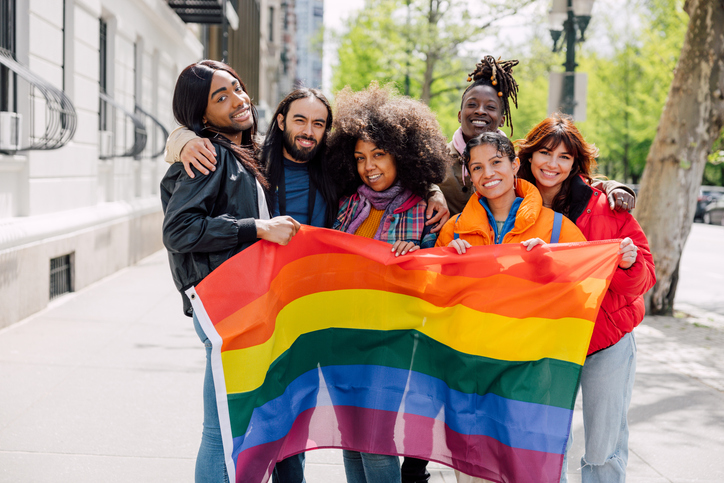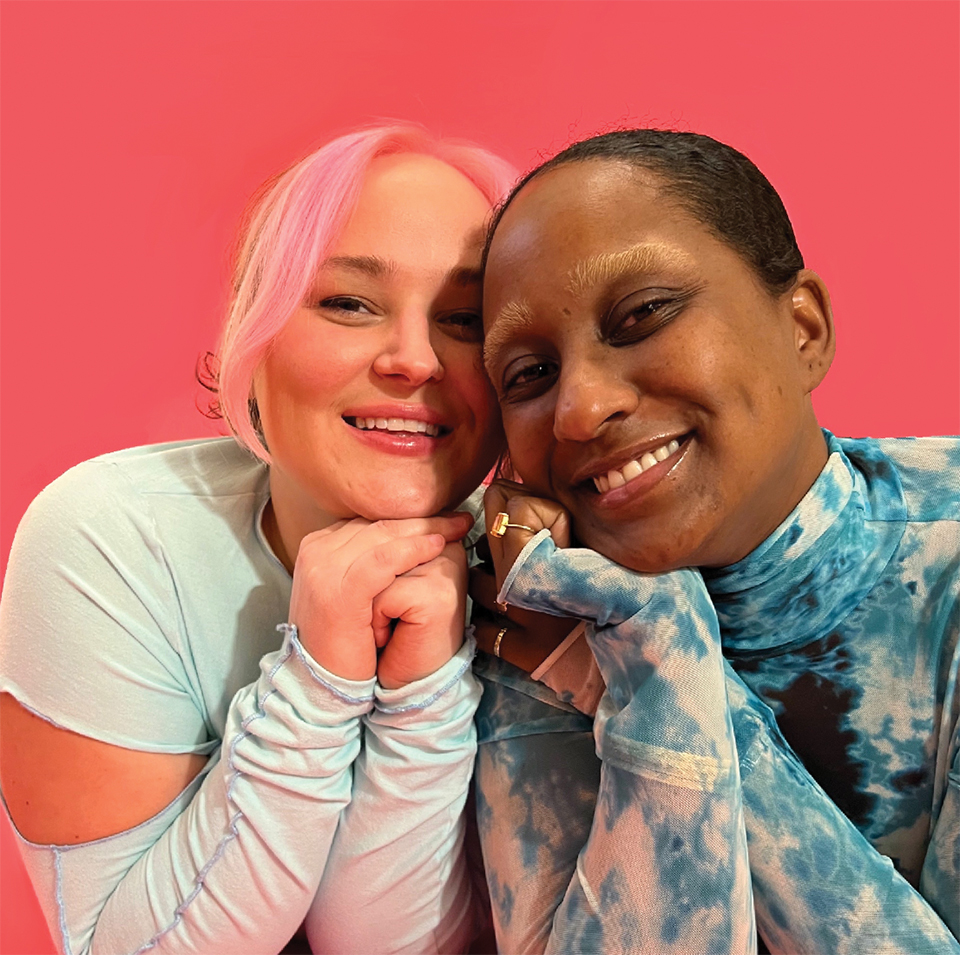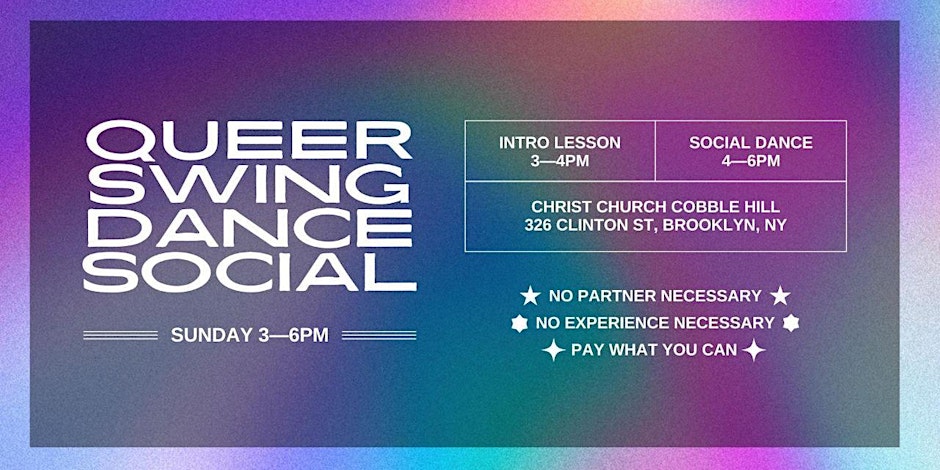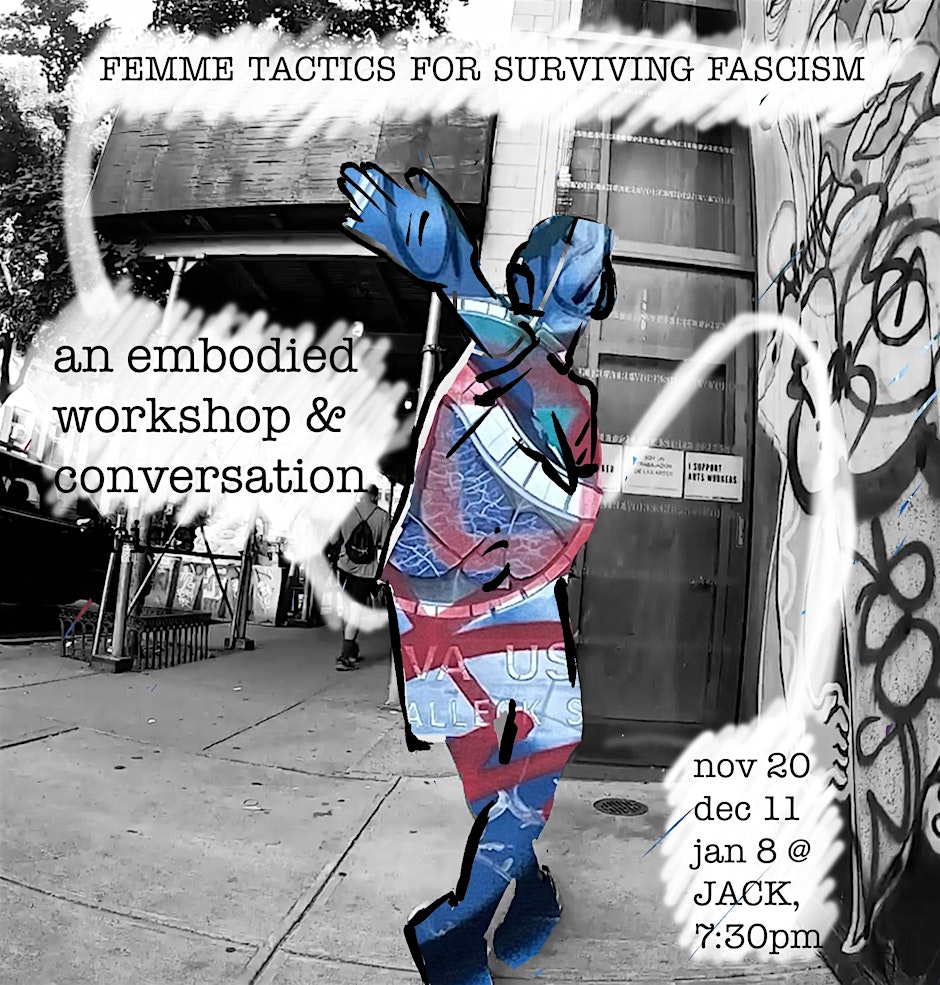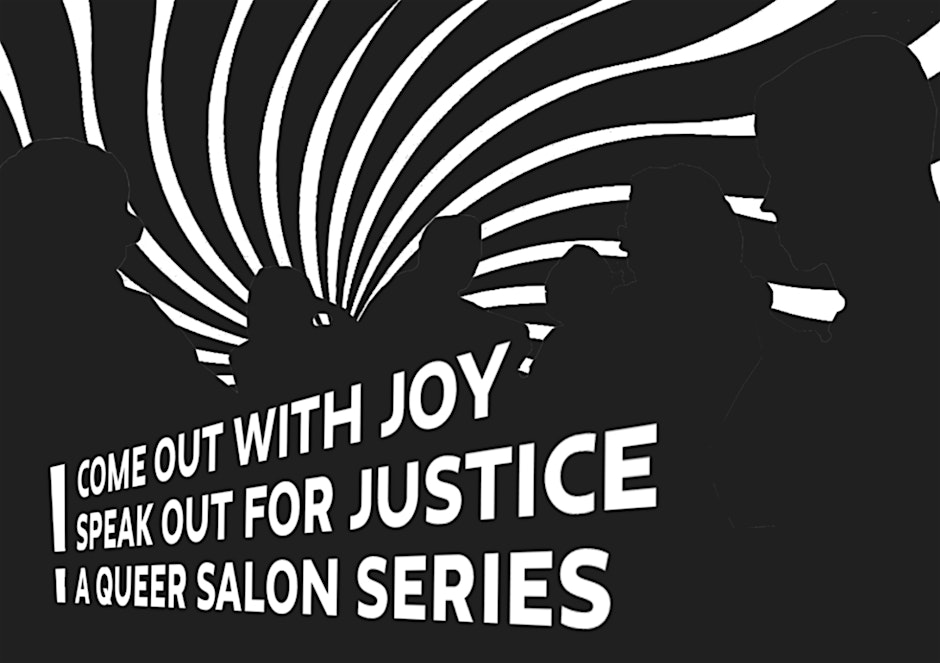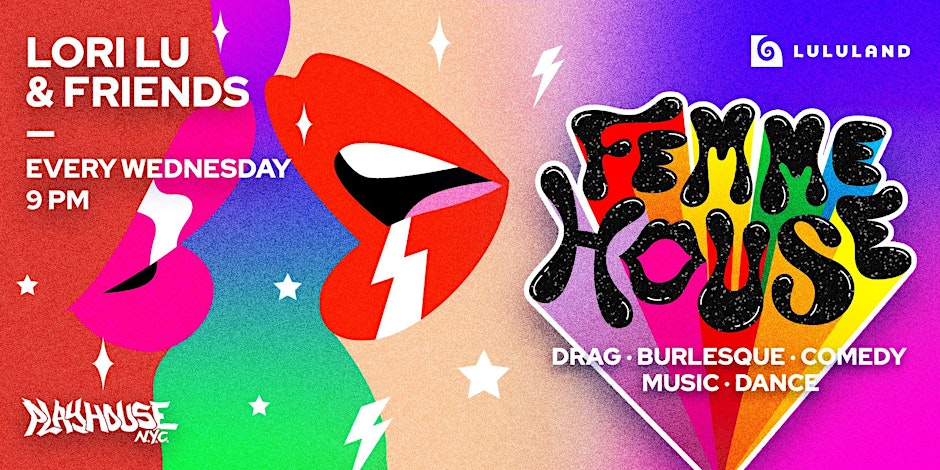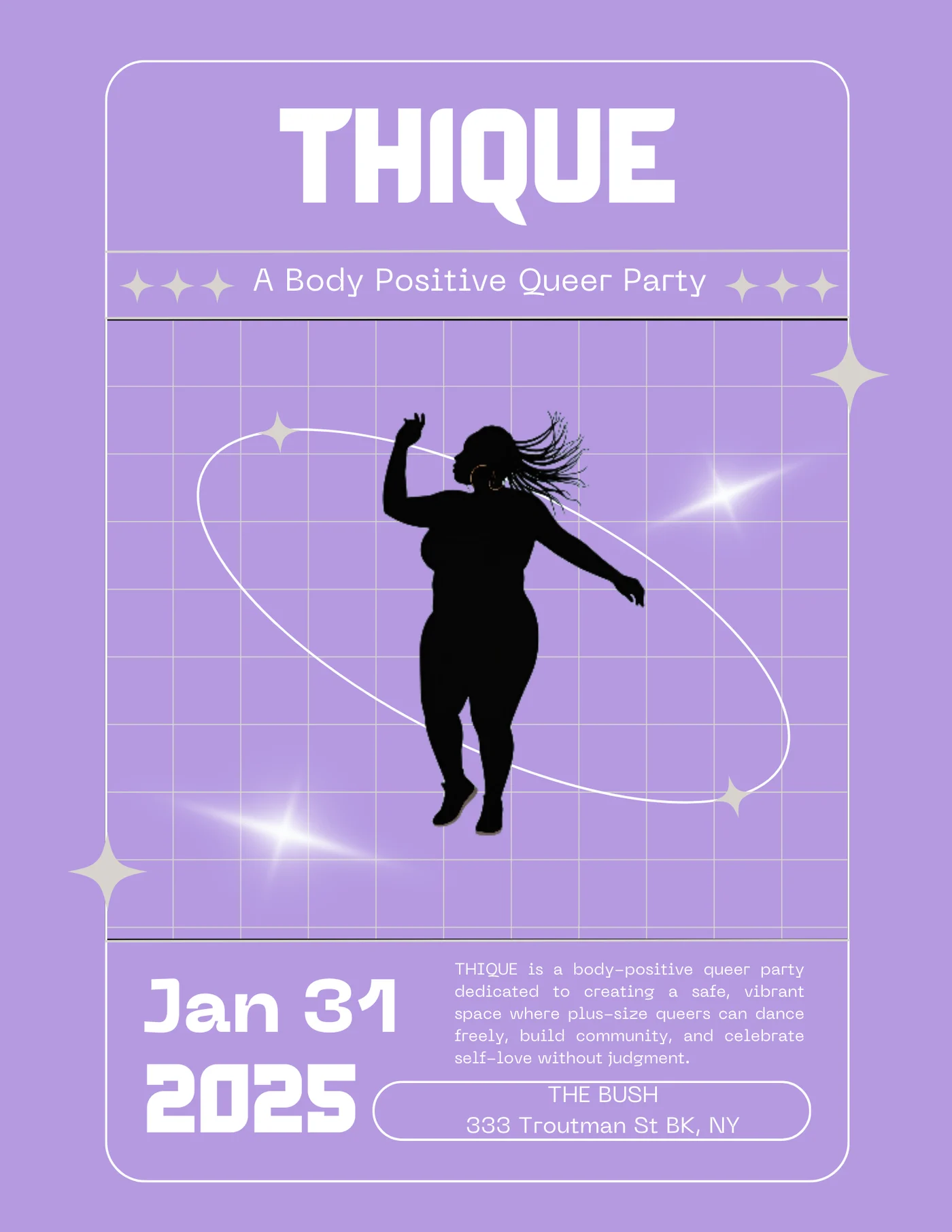On November 28, 1998, Rita Hester, a trans woman and popular fixture of Boston’s LGBTQ+ community, was found stabbed to death in her home in the city’s Allston neighborhood. A year later, trans activist Gwendolyn Ann Smith honored Hester’s memory with a vigil marking the first Transgender Day of Remembrance (TDOR).
While Hester’s murder remains unsolved, her legacy lives on over 20 years after her death as people around the world commemorate TDOR (November 20) and Transgender Awareness Week (November 13-19).
Each year, trans activists, organizers, and allies use Transgender Awareness Week as a time to raise awareness and visibility of the trans community. On TDOR, they honor the lives of transgender individuals lost to anti-trans violence.
It is “not an event we ‘celebrate,’” Smith wrote in the HuffPost in 2012. “It is not a quick and easy one-day way for organizations to get credit for their support of the transgender community. It’s not something to trot out on the 20th of November and forget about. We should be working every day for all of us, living and dead.”
Around the country, LGBTQ+ centers, organizations, universities, and activist groups will hold events and memorials in honor of the ongoing fight for trans rights. In New York City, The Center will hold a virtual event on November 18, featuring performances by trans artists and spoken words by advocates. The Center will hold an in-person remembrance event on Little Island in the Hudson River November 20.
To highlight the need for ongoing visibility, The Human Rights Campaign’s (HRC), Parents For Transgender Equality National Council spoke with congressmembers Katherine Clark (D-MA), Pramila Jayapal (D-WA), Marie Newman (D-IL), and Jan Schakowsky (D-L), all of whom are parents or grandparents of trans individuals.
The continued commemoration of TDOR is an ongoing reminder of the struggle faced by transgender individuals. Numerous states across the country have enacted legislation that bans transgender athletes from competing in sports teams that correspond to their gender identity, and which block access to gender-confirming healthcare for trans minors.
2021 has also seen a record-number of trans and gender non-conforming individuals killed as a result of anti-trans violence, to which Black, Latinx, and POC remain particularly vulnerable. With the death of Jenny De Leon, a Tampa woman who was found dead earlier this month, 46 known trans and gender non-conforming individuals have been killed this year.
To show your support for transgender rights, you can attend one of the many events hosted by organizations across the country this Transgender Awareness Week. You can also make sure that your voice is heard throughout the year by volunteering with organizations that promote transgender rights, petitioning local politicians to support legislation in support of transgender and LGBQ+ individuals, and by voting for transgender and LGBQ+ political candidates.


